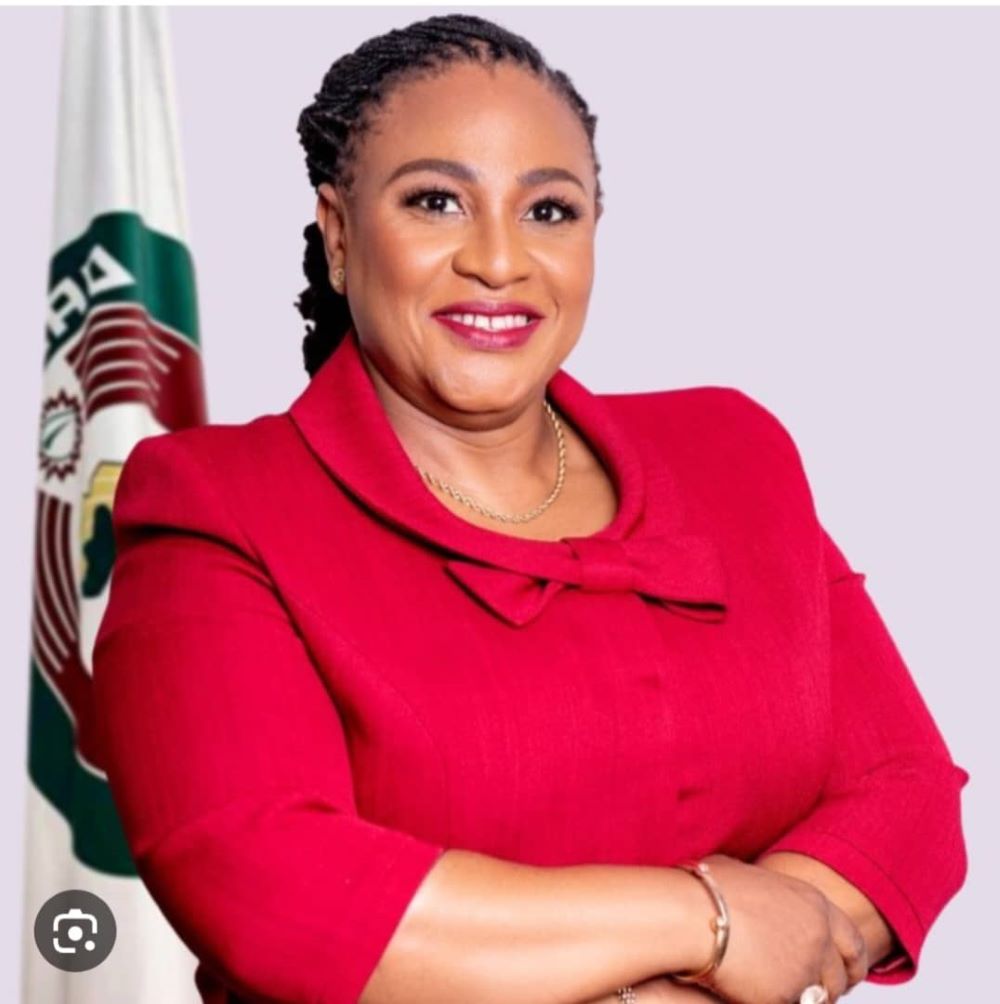The Economic Community of West African States (ECOWAS) has issued a stark warning about the escalating drug crisis gripping Liberia and the wider West African region. Ambassador Josephine Nkrumah, ECOWAS Resident Representative to Liberia, stressed the urgent need for a comprehensive and depoliticized approach to combat drug abuse and prioritize youth rehabilitation. She cautioned that the region is losing ground in this battle, with a growing number of young people succumbing to addiction, jeopardizing the future of the region’s human capital. Ambassador Nkrumah emphasized that drug abuse should not be viewed solely as a criminal issue but as a societal cancer requiring intensive rehabilitation efforts. She advocated for a shift away from criminalization towards embracing and supporting drug dependents, emphasizing the importance of providing them with opportunities for reintegration into society.
The ambassador highlighted the devastating consequences of unchecked drug abuse, warning of impending catastrophe if the region’s youth continue to fall prey to addiction. She called for a united front against this menace, urging all stakeholders, including government, citizens, and regional bodies, to collaborate in tackling the issue head-on. Ambassador Nkrumah stressed the importance of removing political barriers and fostering a collective responsibility to address this shared challenge. She pointed out that drug abuse affects everyone, directly or indirectly, through family, friends, or community members, making it a universal concern requiring a unified response.
ECOWAS has taken steps to combat drug abuse in the region. Ambassador Nkrumah highlighted the recent launch of a Social Protection framework that prioritizes vulnerable groups, including drug dependents. She also referenced a 2008 political declaration that formulated a model Drug Law focusing on prevention, trafficking, and addiction, promoting a regional approach to the problem. However, she noted that not all African countries have ratified this act, hindering its full implementation. The ambassador stressed the critical need for career and skills development following rehabilitation, enabling young people to become self-sufficient and contributing members of society.
The drug crisis is not unique to Liberia; it affects nearly all West African countries, leading to a significant loss of potential human resources. Ambassador Nkrumah underscored the urgent need to recognize the gravity of the situation and act decisively. She advocated for standardized drug rehabilitation and detoxification centers, lamenting the current lack of uniformity in Liberia’s approach to treatment. She urged the establishment of national protocols and procedures for institutions working in this field to ensure consistent and effective interventions. The ambassador also emphasized the growing threat of Africa becoming a destination and transit point for drug trafficking, necessitating increased information sharing, intelligence gathering, and regional collaboration.
The ambassador expressed optimism about the potential of Liberian youth, describing them as a vibrant and ambitious group eager for opportunities and success. She emphasized the importance of providing guidance and support to help them navigate the job market, develop entrepreneurial skills, and cultivate a positive work ethic. Ambassador Nkrumah lauded the decision to locate the ECOWAS Youth and Sports Development Center in Liberia, viewing it as a significant investment in the country’s youth and a catalyst for their development. She believes that this center will play a vital role in unlocking the potential of young Liberians and providing them with the tools they need to succeed.
In summary, Ambassador Nkrumah’s message is a call to action, urging Liberia and the broader West African region to prioritize the fight against drug abuse and invest in youth rehabilitation. She stressed the need for a holistic, depoliticized, and inclusive approach, involving all stakeholders in a collective effort. The ambassador highlighted the urgency of the situation, warning of dire consequences if the current trend continues. She emphasized the importance of standardized treatment protocols, regional collaboration, and, most importantly, a focus on reintegrating rehabilitated youth into society through skills development and employment opportunities. She concluded on a hopeful note, recognizing the immense potential of Liberian youth and advocating for continued investment in their future.














